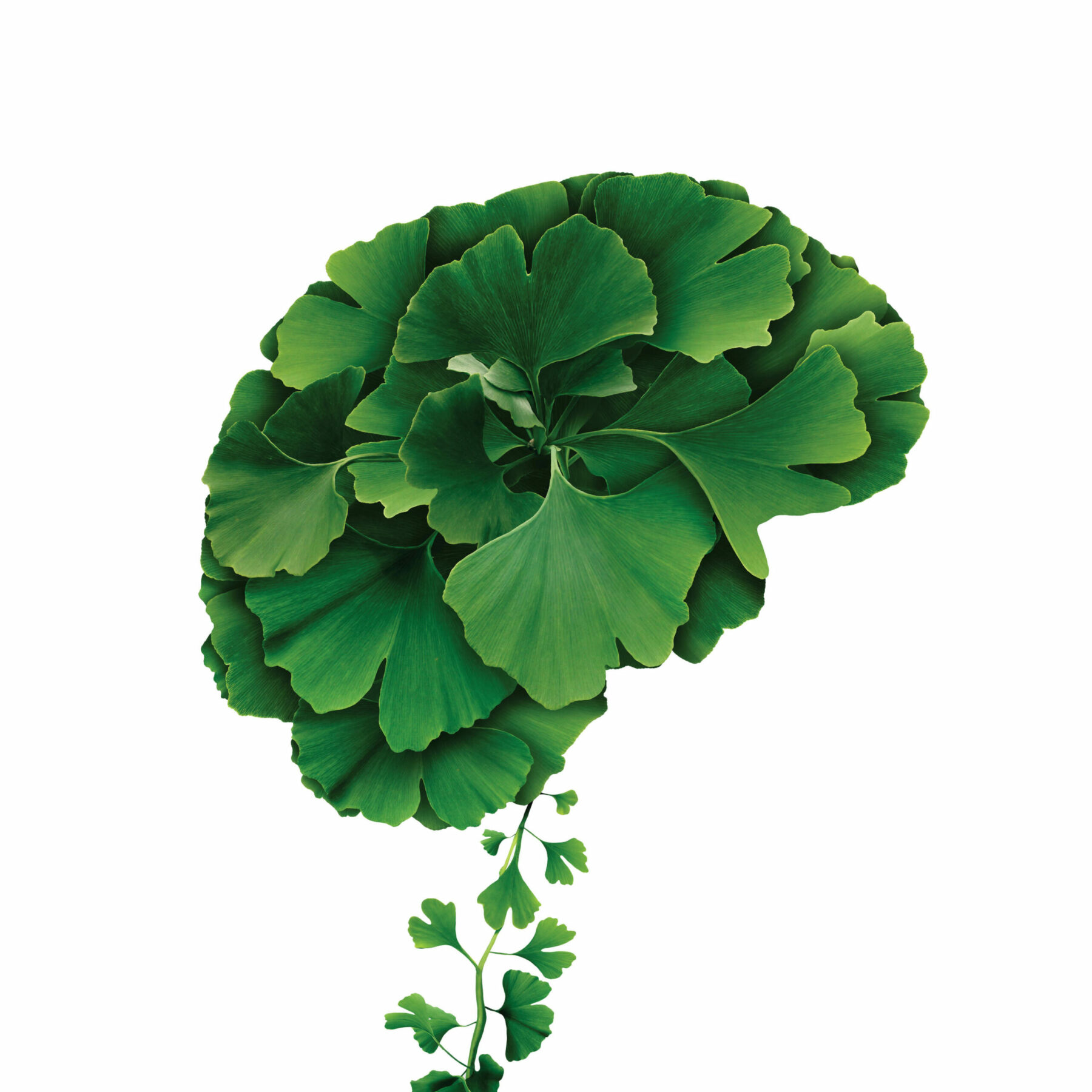How Ginkgo Biloba Could Be Your Cure For Memory Loss

Health gurus are constantly looking for different foods that help your mind, but they fail to see that the key to improved cognition doesn’t merely lie in leafy greens, berries and fish. Rather, the key can be found in the leaves of a tree native to Chinese forests. The Gingko biloba is one of the oldest species of trees in the world.
Here is everything you need to know about this amazing tree and how it can benefit your brain health.
What Is Ginkgo Biloba?
The leaves of the Ginkgo biloba tree are often included in supplements to help improve memory loss but can also aid in many other aspects of health. The leaves from the trees are known to be packed with antioxidants called flavonoids, as well as terpenoids, which help improve blood circulation to the brain.
Although Ginkgo biloba is most often associated with improving memory and concentration problems, it has been around for so long that people have found a variety of different ways to utilize it for various illnesses.
How Can It Be Used?
Once the ginkgo leaf is dried out and strained into a liquid, the nutrients can then be made into an extract or tincture. The dried leaves can also be used to make Ginkgo biloba tea. A study by Oregon State University concluded that when it comes to memory loss and dementia, people who regularly take Ginkgo biloba have a slower and less severe mental deterioration.
However, the benefits of ginkgo reach far beyond memory loss. A study by The National Library of Medicine found that people who took Ginkgo biloba for anxiety had noticeably better outcomes than the ones who took the placebo. However, it is important to talk to your doctor before taking it, because it may interfere with the effectiveness of certain medications you are already taking.
According to another study, there is evidence to show that Ginkgo biloba improves the eyesight of those with glaucoma, which is one of the leading causes of blindness. Because ginkgo improves blood flow, it can help relax muscles in the eyes, preventing them from further neuron damage.
Possible Symptoms And Risks
As with most supplements and medications, Ginkgo biloba does pose certain risks to your body, and it is not the best option for certain people. It is important to consider that although ginkgo is natural and comes from a plant, it does interfere with blood flow and brain function and, therefore, should be used with caution.
Possible side effects that have been seen with the use of ginkgo are nausea, vomiting, diarrhea, dizziness, headaches, stomach ache and restlessness.
If you are taking other medications, it’s important to talk to your doctor before taking ginkgo because even something as basic as taking ibuprofen with ginkgo can put you at a higher risk for internal bleeding. People who have blood circulation disorders must also be cautious when considering taking the supplement.
Although Ginkgo biloba has been shown to help some patients manage anxiety, it can counteract the effects of other prescribed anxiety medications and end up worsening symptoms.
It’s also necessary to remember that ginkgo comes from a plant, and just as other plants are allergenic, so is Ginkgo biloba. If you are allergic to plants like poison ivy, that is a sign that you may be allergic to ginkgo and should not take it.
The National Center for Complementary and Integrative Medicine states that you should always take ginkgo after it has been turned into some form of supplementation, as eating it raw or roasted can be poisonous.
–
Although Ginkgo biloba is an amazing and natural alternative for many prescription medications, it’s also important to consider whether the benefits outweigh the possible side effects. Having things like memory loss, anxiety and loss of vision are not easy to live with. Though Ginkgo biloba could be exactly what you need, talking to a doctor first is always recommended.
There are certain people such as pregnant women, children, people with epilepsy and people taking blood thinners who should avoid using ginkgo, but for people who can safely use the supplement, it has been shown to work wonders.






